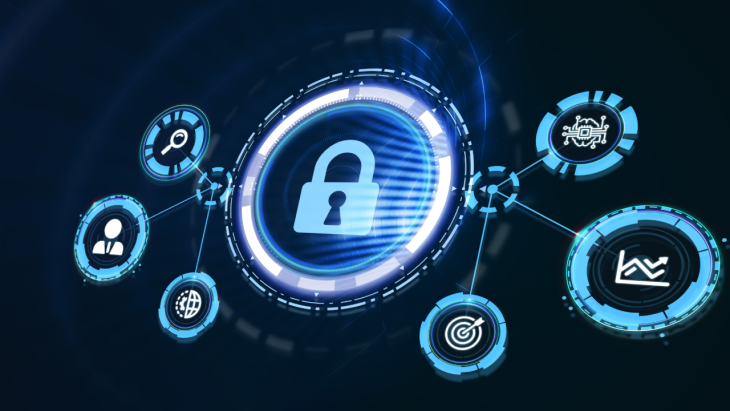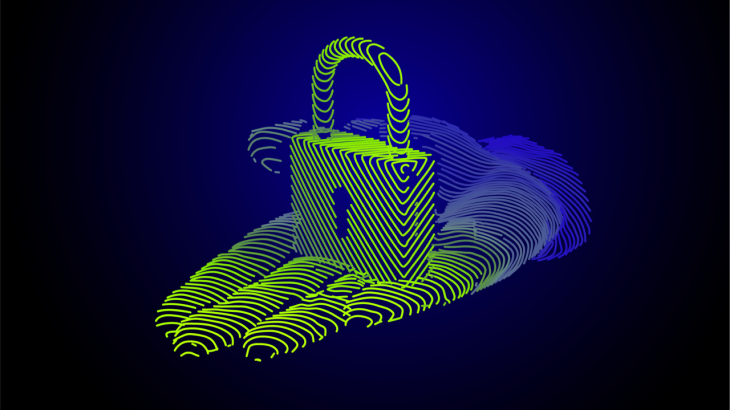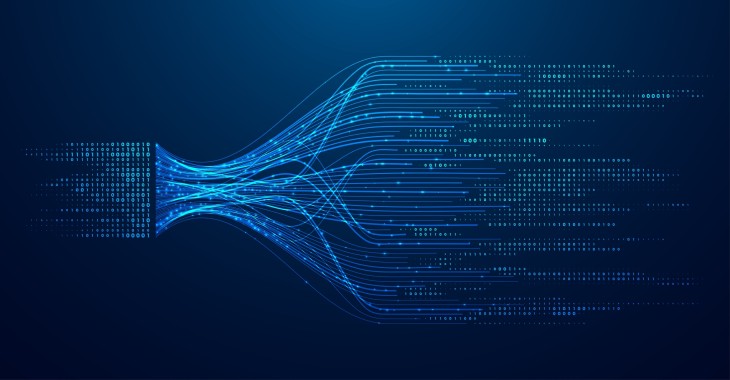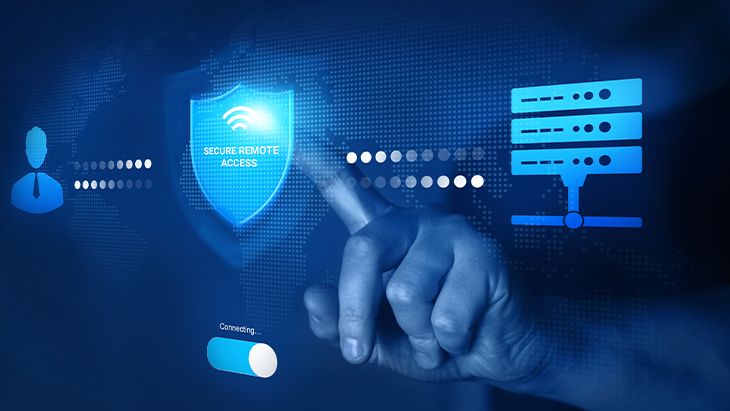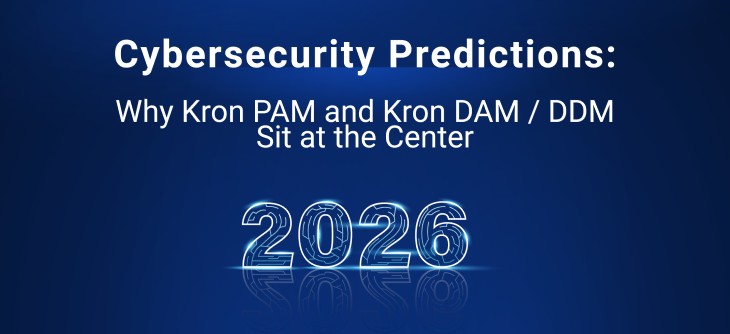
7 Administrative Accounts You Should Definitely Secure
Jun 13, 2023
/
Kron
Administrative accounts wield substantial power and authority over crucial systems and sensitive data in the field of Information Technologies (IT). These accounts enable IT professionals to manage and maintain various aspects of an organization's infrastructure. However, their immense privileges also make them prime targets for malicious actors. In this blog article, we will explore seven types of administrative accounts commonly found in IT environments, along with the reasons why they should be secured. We will delve into the best practices and techniques for protecting these accounts to ensure the integrity, confidentiality, and availability of IT systems.
1- Local Administrator Accounts
Local administrator accounts are typically created during the installation of an operating system (OS) on a computer or server. These accounts possess elevated privileges, enabling IT administrators to perform various system-level tasks. To secure local administrator accounts, it is crucial to implement strong password policies, including complex passwords and regular password changes. Additionally, it is recommended to limit the number of individuals who have access to these accounts, following the principle of least privilege.
2- Domain Administrator Accounts
Domain administrator accounts are central to managing and controlling Windows domains in an Active Directory environment. These accounts grant extensive control over user accounts, group policies, and other domain-related operations. Protecting domain administrator accounts requires implementing strong password policies, enabling multi-factor authentication (MFA), and regularly auditing access logs. Separating administrative duties and creating separate accounts for specific tasks further mitigates the risk of compromise.
3- Database Administrator (DBA) Accounts
DBA accounts hold privileged access to databases, allowing administrators to configure, optimize, and manage critical data. These accounts are susceptible to attacks targeting database vulnerabilities and insecure configurations. Securing DBA accounts involves implementing robust authentication mechanisms, such as strong passwords and multi-factor authenticators (MFA). Regular patching, access control, and monitoring for suspicious activities play vital roles in minimizing the risk of unauthorized access or data breaches.
4- Network Administrator Accounts
Network administrator accounts grant control over network infrastructure components, including routers, switches, and firewalls. Securing these accounts involves utilizing secure protocols for remote access, such as Secure Shell (SSH) or Virtual Private Networks (VPNs). Implementing role-based access control (RBAC) ensures that only authorized personnel can perform network configuration changes. Regularly reviewing and updating access control lists (ACLs), as well as monitoring network traffic for anomalies, help identify potential security breaches and prevent unauthorized access.
5- System Administrator Accounts
System administrator accounts have broad control over server infrastructure and operating systems. These accounts are attractive targets for attackers aiming to disrupt services or gain unauthorized access to sensitive data. Implementing strong password policies, employing multi-factor authentication, and enabling centralized logging and monitoring are essential for securing system administrator accounts. Additionally, regular patch management, restricted physical access to servers, and routine security audits further enhance their protection.
6- Cloud Administrator Accounts
With the increasing adoption of cloud computing, cloud administrator accounts have become critical for managing cloud resources and services. Securing these accounts requires leveraging robust identity and access management (IAM) tools provided by the cloud service provider. Enabling MFA, implementing strong access policies, and regularly reviewing access privileges help mitigate the risk of unauthorized access. Additionally, encrypting data at rest and in transit, as well as monitoring cloud infrastructure for suspicious activities, are crucial for maintaining the security of cloud administrator accounts.
7- Application Administrator Accounts
Application administrator accounts are used to manage and configure software applications deployed within an organization. These accounts often possess extensive privileges, making them prime targets for attackers seeking to exploit application vulnerabilities. Securing application administrator accounts involves implementing strong authentication mechanisms, regularly patching applications, and restricting access based on user roles. Conducting security assessments, such as penetration testing, can help identify and remediate vulnerabilities. It is also crucial to monitor application logs for any suspicious activities that may indicate a compromise of these accounts.
Bolster Your Security Defenses with Kron’s Privileged Access Management Solutions
Security of administrator accounts in IT environments is crucial for protecting vital systems, sensitive data, and ensuring business continuity. Implementing strong authentication mechanisms, applying the principle of least privilege, and regularly monitoring and auditing these accounts are crucial steps toward enhancing their security. By employing robust security measures, organizations can minimize the risk of unauthorized access, data breaches, and potential disruptions to their IT infrastructure. Prioritizing the security of administrative accounts helps fortify the overall security posture of an organization's information technology environment.
In this regard, Kron's Privileged Access Management (PAM) solution offers an effective way to monitor, manage, and secure such privileged accounts. With advanced features and comprehensive controls, Kron's PAM solution provides organizations with the tools they need to enforce strong authentication, enforce least privilege, and maintain a vigilant watch over administrative accounts. By implementing Kron's PAM solution, businesses can bolster their security defenses and mitigate the risks associated with unauthorized access and potential data breaches.
To learn more about how Kron's PAM solutions can help safeguard your organization's administrative accounts and strengthen your overall IT security, contact us today. Our team of experts will be happy to provide you with further information and assist you in finding the best PAM solution tailored to your specific needs.
Highlights
Other Blogs
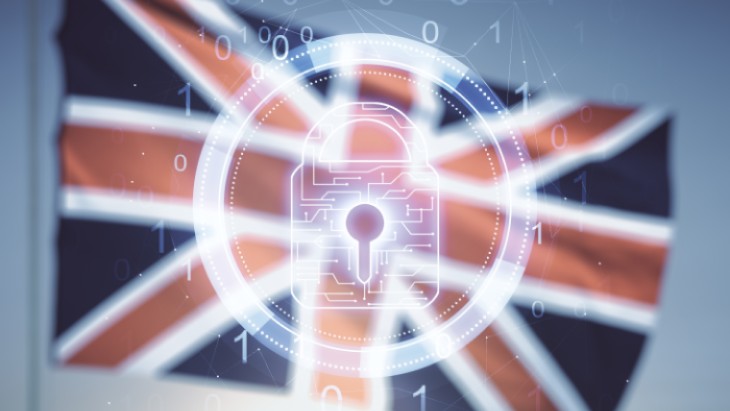
Empowering Telco Security Compliance with Kron Network PAM Understanding the Telecommunications Security Act (TSA)


